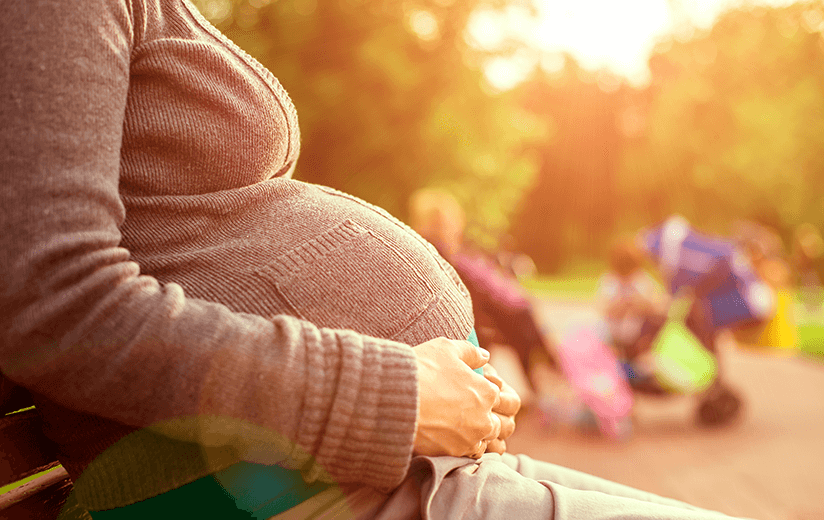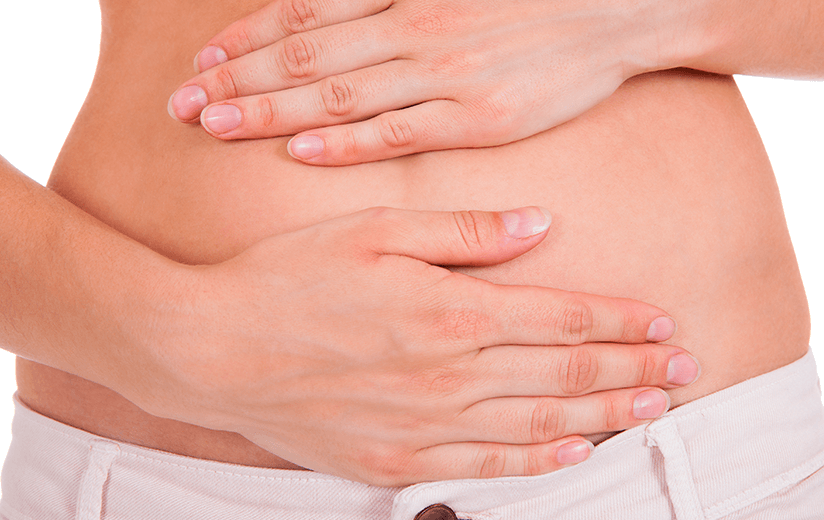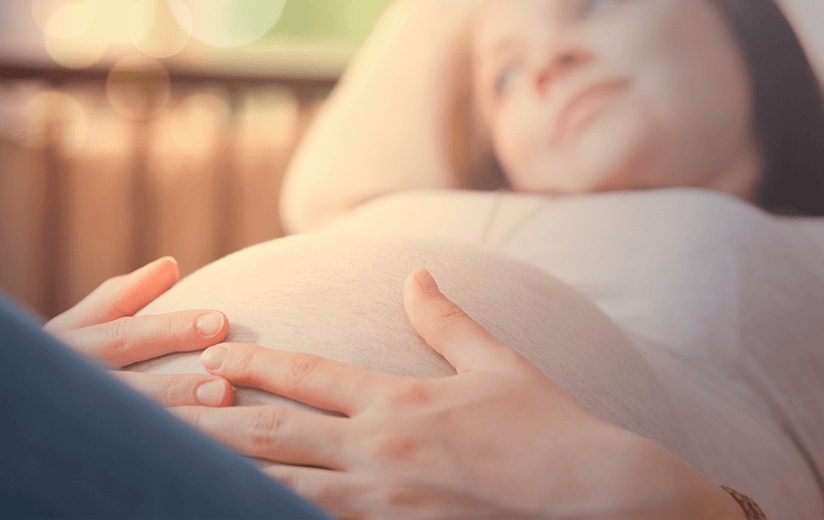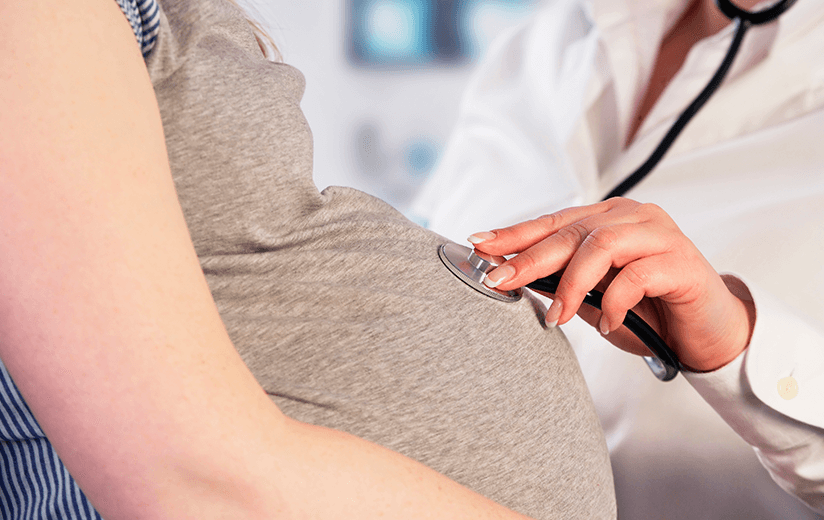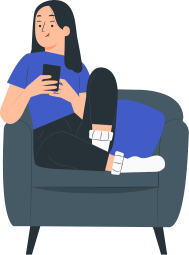Pregnancy and incontinence
Congratulations! You are pregnant. This is an exciting time in your life. Along with the joy and anticipation of your baby’s arrival in the world, you may find that pregnancy sometimes may include some not very pleasant experiences, such as morning sickness, stretch marks or light incontinence. Below, you will learn all the details about the light incontinence due to pregnancy.
Possible reasons:
Light incontinence during pregnancy can occur for several reasons. Some women have a genetic predisposition, others not. The race and age can also affect light incontinence. Smoking is also known to cause light incontinence. Lung diseases, such as asthma and chronic cough, can weaken the pelvic area, due to the constant pressure. Anything that increases pressure in the pelvis may contribute to these undesirable symptoms.
Moreover, the weight of the growing uterus, pressing the bladder, is probably one factor leading to light urine loss during pregnancy. When light incontinence preexists, it can sometimes worsen during pregnancy or remain after the childbirth. Light incontinence is a result of the relaxation of the pelvic area muscles, stretching or injury to the pelvic nerves supplying the muscles.
The size of the baby in relation to the size of the pelvis may also be another factor. The amount of time a woman pushes during childbirth can also be a cause of urinary incontinence.
During a natural delivery, there is a possibility that help may be needed. When the mother is exhausted, or there are problems with the heart rate of the fetus, it may be necessary to speed up the baby’s exit process. The use of forceps, for instance, may slightly increase the possibility for light incontinence after delivery.
Light incontinence after childbirth
According to studies, one third of women who had a normal childbirth may develop some degree of incontinence up to 3-6 months postpartum. Sometimes, the nerves that supply the muscles may be injured. Slowly, over time, muscle atrophy may make its appearance. That is the reason why sometimes there is a delay in starting the urine loss after childbirth.
Advice:
What could you do during pregnancy to prevent light incontinence?
• First,stop smoking(especially during pregnancy) to keep coughing and sneezing under control.
• Exercise to strengthen the pelvic area: Exercising pelvic area muscles can help women who experience light in continence,especially in the stress incontinence or urge incontinence, which are the two most common types. Specific exercises are particularly useful. Of course, they do not cure incontinence, but they often improve symptoms, increasing significantly the time until you reach the toilet.
The Kegel exercises are safe for pregnancy. There is no risk for the fetus or for the mother. However, you should always have the approval of your doctor before starting any form of exercise during pregnancy.
• Pay attention to your body’s weight increase during pregnancy. Certainly, pregnancy is not the right time to go on a diet. But it is a time when good nutrition and weight management is very important. If you do not have a good track record in this area, it may be helpful to work with a dietitian, so as to get advice on healthy eating and learn how to control your weight. When a woman’s weight is above a certain limit, it may begin to affect the health of the pelvic area and increase the incidence of urinary incontinence symptoms.
The dilemma for some women
The vaginal birth is strongly associated with urinary incontinence. That is why some expectant mothers opt for caesarean section. What you need to know, though, is that according to the international bibliography, the potential existence of urinary incontinence does not justify choosing caesarean section, as in the case of an intervention (such as caesarean section) there are multiple risks. So, a caesarean section is not suggested only for precaution reasons. Your gynaecologist is the only one appropriate to decide whether to have a caesarean section, depending on the circumstances.
Even if you are experiencing incontinence during pregnancy or after childbirth, you should not worry. Most cases do not last permanently. Consult your gynaecologist early and choose the appropriate incontinence pads for secure protection with respect to your skin.
Source: www.sanilady.gr
In collaboration with Dr Olga. E. Bikou, Obstetrician-Surgeon-Gynaecologist





